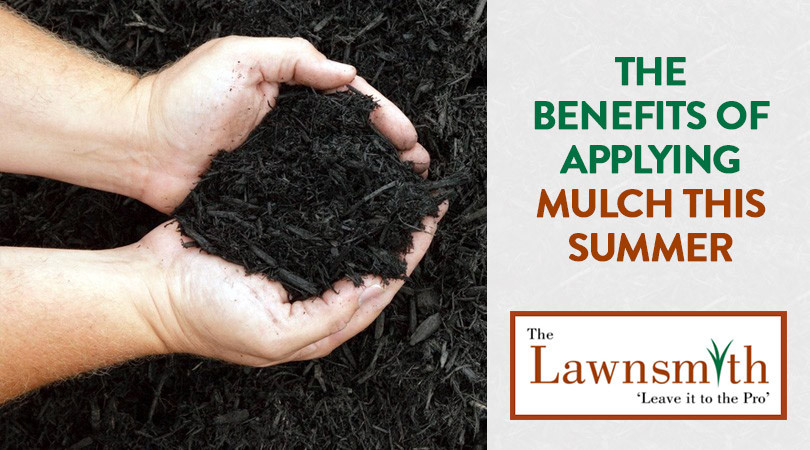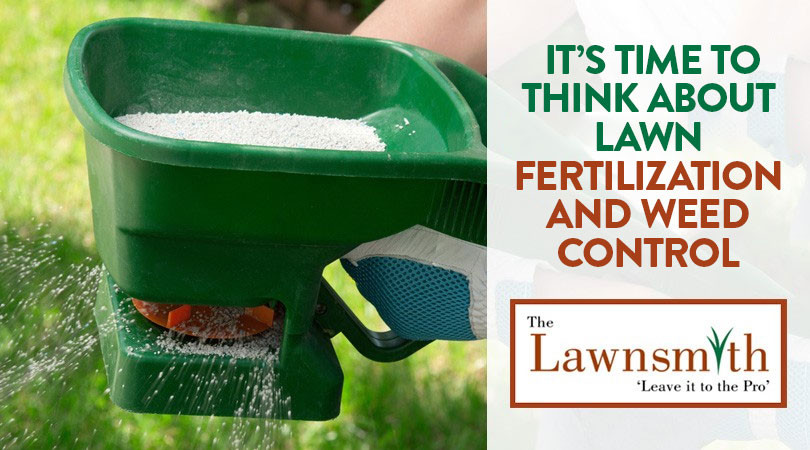The Benefits of Applying Mulch This Summer

6/14/2017
Mulch helps to preserve plant life and insulate soil, which provides important benefits for your garden or landscape beds. It can be made from organic or non-organic material. The following are some of the most requested mulch types from our customers in Bloomington, Edina, Burnsville, and the surrounding communities:
- Bark
- Colored wood chips
- Grass clippings
- Gravel
- Pea gravel
- Stone
Even when you appreciate the benefits of mulch, knowing how much and which type to buy can be challenging. We provide a link to a mulch calculator on our website that prompts you to measure and enter the square feet of your mulch bed. You will receive the recommended amount of mulch after following a few other simple instructions. We are also happy to help you determine the correct amount and which type would perform best in your garden and landscape beds.
Mulching Benefits Extend Beyond What You Can See
Even though you provide your landscape beds and garden with fresh water, thick soil can prevent absorption so they don’t get as much nourishment as they need. Mulch slows down the speed of water evaporation, which means that your garden and landscaped areas receive optimal nourishment when it rains or you water the area with a sprinkler or hose. Some other non-aesthetic benefits of mulch include:
Even though you provide your landscape beds and garden with fresh water, thick soil can prevent absorption so they don’t get as much nourishment as they need. Mulch slows down the speed of water evaporation, which means that your garden and landscaped areas receive optimal nourishment when it rains or you water the area with a sprinkler or hose. Some other non-aesthetic benefits of mulch include:
- Slows the rate of weed growth
- Protects plant roots from extremes in temperature
- If the mulch is organic, it provides soil enrichment as it decomposes
- You won’t have to fertilize, water, or weed these areas of your lawn as often
The Mulch Application Process
Not putting down enough mulch is a common mistake that local homeowners make when attempting this task on their own. The mulch layer needs to be a minimum of two to three inches to keep the seeds contained in weeds from penetrating the barrier.
Our landscape maintenance crew takes special care to leave enough space between the mulch and your plants, perennials, shrubs, tree trunks, crowns of annual flowers, and vegetables. When mulch is placed too closely to these things, the retained moistures causes it to rot. After carefully pouring your mulch, we immediately clean up around your landscape bed and garden.
Not putting down enough mulch is a common mistake that local homeowners make when attempting this task on their own. The mulch layer needs to be a minimum of two to three inches to keep the seeds contained in weeds from penetrating the barrier.
Our landscape maintenance crew takes special care to leave enough space between the mulch and your plants, perennials, shrubs, tree trunks, crowns of annual flowers, and vegetables. When mulch is placed too closely to these things, the retained moistures causes it to rot. After carefully pouring your mulch, we immediately clean up around your landscape bed and garden.
Whether you want to learn more about applying mulch for the first time or require replenishment of your existing mulch, The Lawnsmith is available to help. Please contact us today to request a free estimate.
Photo Credit: / Getty Images
It’s Time to Think About Lawn Fertilization and Weed Control

4/11/2017
Many homeowners in Bloomington, Minnesota and the surrounding communities assume that their lawn gets everything it needs from natural surroundings, water, and soil. This isn’t necessarily the case since these represent only 13 of the 16 elements your lawn requires to remain healthy. You can only obtain nitrogen, phosphorus, and potassium in fertilizer that you purchase.


